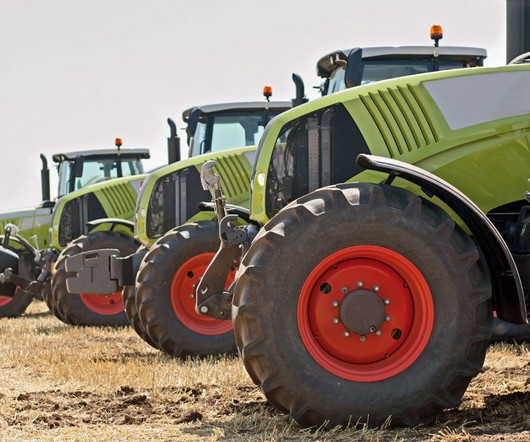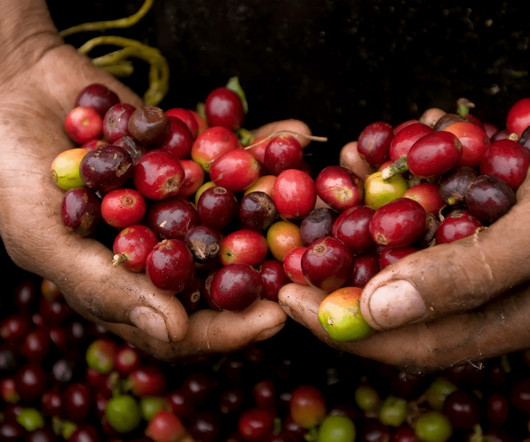Pivot Bio N-OVATOR™ Paying Off for Farmers
Agwired
MARCH 18, 2024
.” Kelly says their largest transaction to date was the sale of 100,000 nitrogen credits to a global food and beverage company. In total, the growers in this insetting partnership replaced over 10 million pounds of synthetic fertilizer.























Let's personalize your content